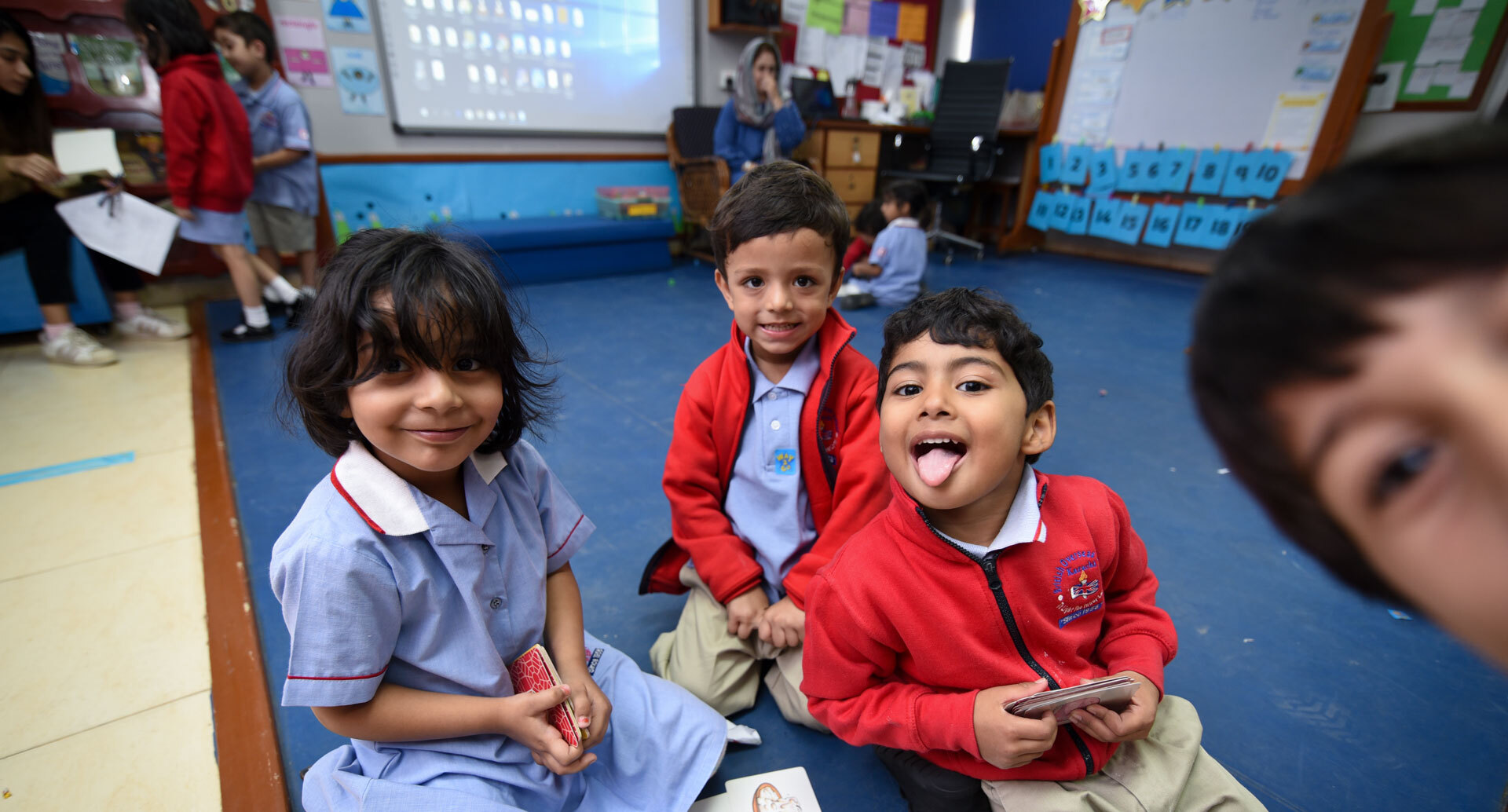 Flourishing at the BOS
Flourishing at the BOS
At the BOS we are very proud of our students’ academic success. And parents are proud too when their children gain good grades at school. But we, and many parents, if we are honest, would place a higher value on ‘immeasurables’ such as: contentment, confidence, fulfillment, balance and health – all things that help prepare our students for life and do not come so easily in a classroom.
At school students spend time learning about many things, such as fractions, punctuation, other countries and other languages. But, little is more important that what they learn about themselves and their relationships.
In the past much of this learning would have taken place, successfully or otherwise, through an unofficial or ‘hidden’ curriculum that was enacted on the playground or the field, at break time and at home time. These days, this ‘hidden’ curriculum is being acknowledged and addressed as part of a school’s wider curriculum. In many schools we would be talking about ‘Mental Health’ or ‘Well-being’.
We have chosen the word ‘Flourishing’ to illustrate a positive approach to the whole area and to emphasize that this applies to everyone. Everyone wants to flourish, to live up to their potential, in every way – it is not simply the identification of problems and it is not simply the absence of mental health issues For us, whatever an individual’s starting point may be, flourishing is the aim.
/
What is Flourishing?
Flourishing is a term borrowed from Dr Martin Seligman, the originator of Positive Psychology. He identified five components:
• Increasing our positive emotions
• Engagement with our interests, our daily lives and the world around us
• Meaningful, supportive and rewarding relationships
• Meaning and purpose in our lives
• Accomplishments (through our strengths and talents)
Since 2011, a multitude of other descriptors have been added to this, examples include:
• Resilience
• Optimism
• Kindness
• Humour
• Creativity
• Positivity
All of these ideas come together at the BOS as ‘things we value’, which create our learning environment.
It may be a tall order, but we want everyone to be the best versions of themselves, to reach their potential and then to challenge that boundary.
/
Flourishing Children
When you are three years old almost everything external is new and exciting: the sights, the sounds and the smells. You react to all of these. At the same time you react to your own needs and emotions. Children need help to learn to regulate their behaviour and to interact with each other in the most constructive ways.
In our primary school we encourage good behaviour and character development. We want to help children understand their own feelings and those of others. We want them to understand how to express their feelings and how to listen to and respect those of others.
Our PSHE curriculum is a timetable of classes as well as a series of conversations. We talk to classes, to groups and to individuals. We explain and we encourage. We are clear about our expectations and our standards. Our aim is to help children to develop the skills and traits they need to cope with the adult world.
/
Flourishing Teenagers
Teenagers are taking the first serious steps into the adult world. Those steps are difficult, in part, because they feel they are ready, but often are not adequately equipped – emotionally, psychologically, intellectually or physically. The consequences of those first faltering steps can be disruptive and disorientating as certainties diminish, demands increase and relationships change.
In today’s world, these challenges are heightened by external stimuli that are not always as exciting as they were back in Early Years. Social media is omnipresent and does offer the wonder of connection to people all over the world, but it also brings constant comparison, judgement and discrimination right into a teenager’s bedroom. It magnifies and complicates all of those concerns that adolescents have always had: the needs to fit in and to be accepted; to break free of constraint and to take risks; to find yourself and the courage to be yourself.
As in the primary school, flourishing is a theme that runs through all that we do in the secondary school. We include PSHE as part of our regular curriculum and workshops to cover the issues that teenagers often face as part of our Co-Curricular Programme. In addition, should a student need someone to talk to, there is a Student Counsellor on hand to listen.
/
Flourishing Adults
Too often in schools we cast the challenges of childhood and young adulthood as things to be ‘grown out of’. In doing so we encourage children and teenagers to believe that issues or feelings such as bullying, harassment, stress, discrimination, loneliness, resentment, and inadequacy exist only for them – that, as adults we have ‘grown out of’ them. Of course we have not.
At the BOS we encourage adults in our community to talk about challenges that they are confronting. We do this to reinforce the message that, whatever our age, we all need help to flourish.


